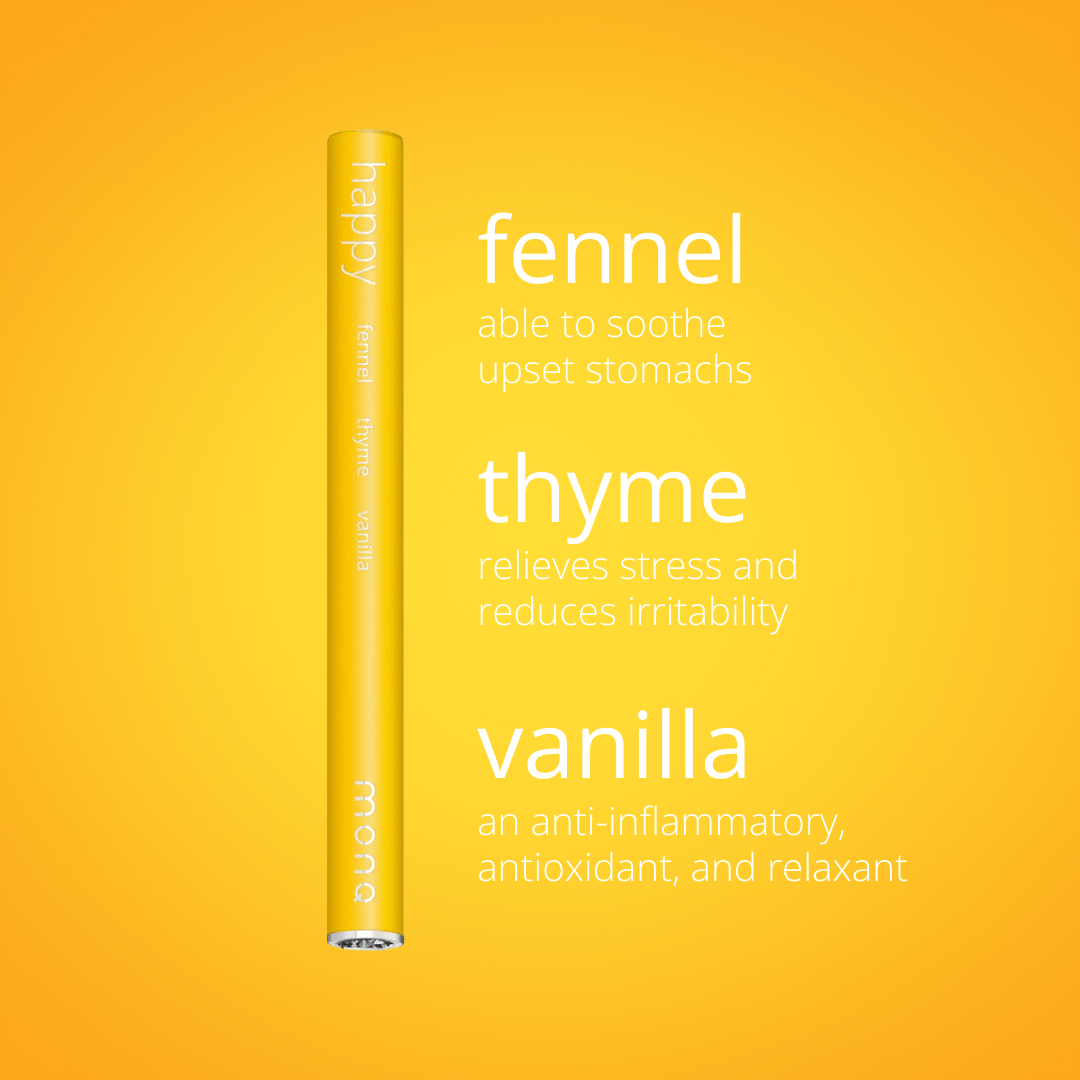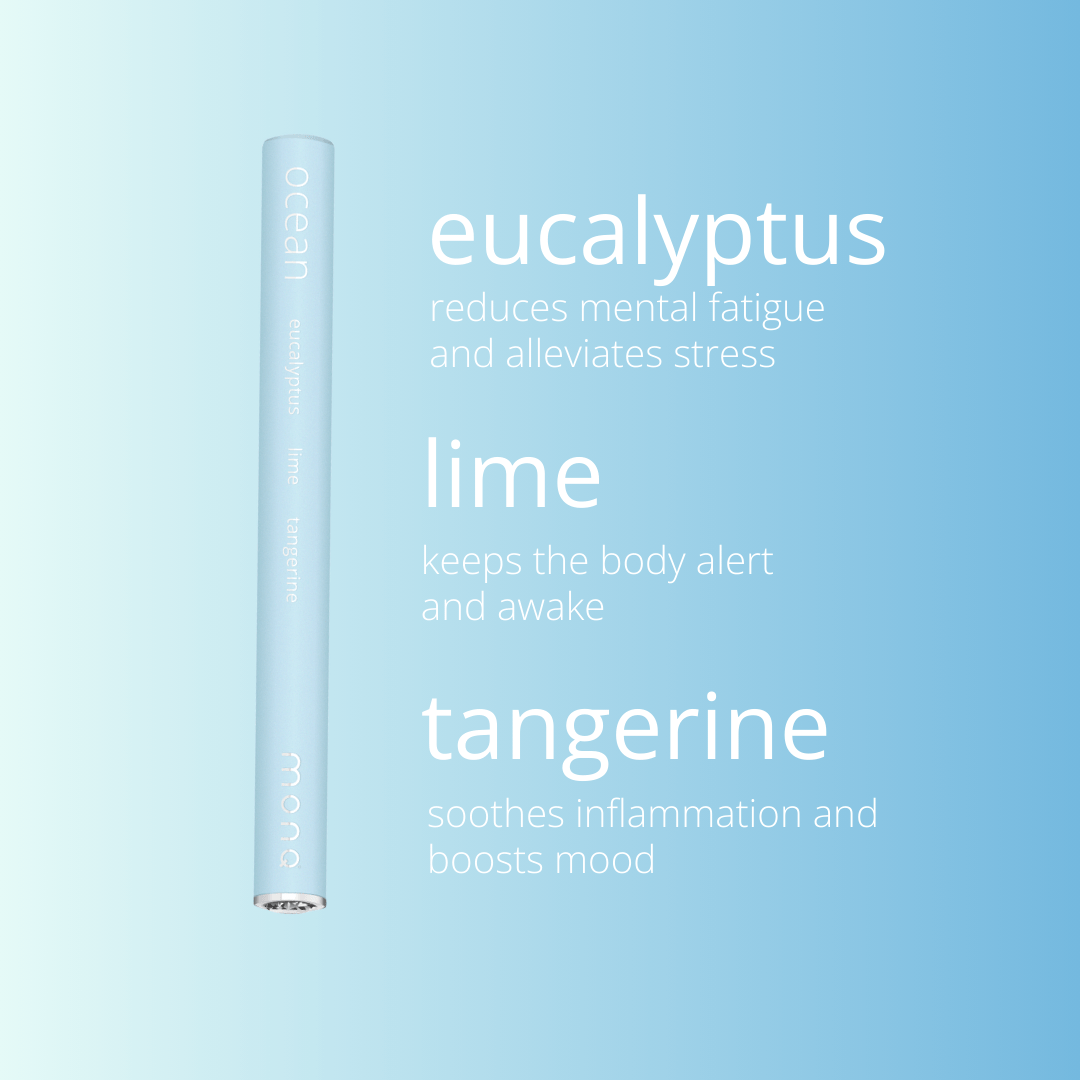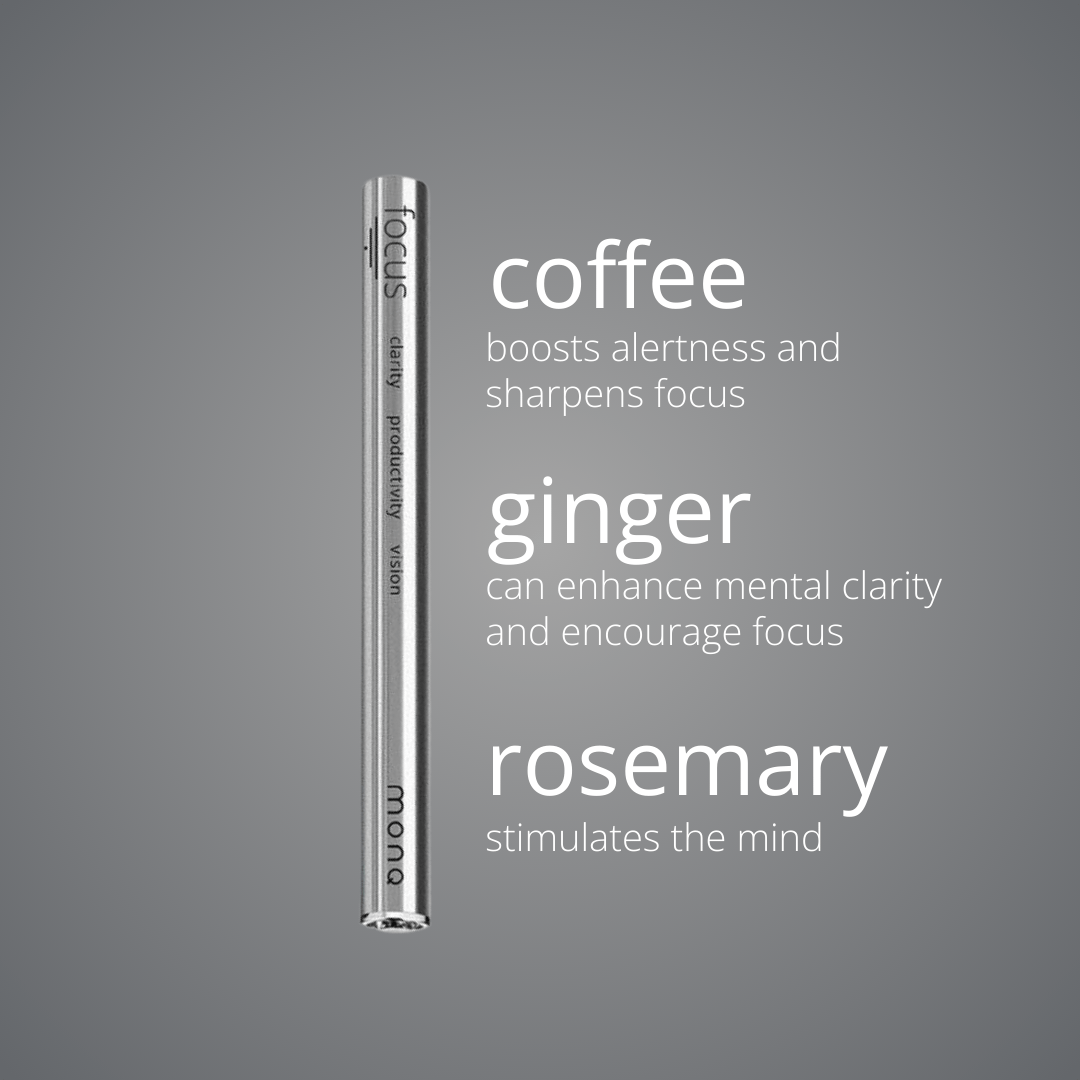Essential Oils and Your Dog: What You Need to Know
When faced with a beloved pet’s health challenge, it’s natural to seek solutions that might offer support. Essential oils, known for their various benefits, are sometimes considered in these situations. However, it's crucial to approach their use with caution, especially when it comes to pets. Essential oils that are safe for humans can sometimes be harmful to dogs, so understanding which ones to avoid and how to use them safely is essential.
Essential Oils to Avoid Around Dogs
While many essential oils can offer benefits, some are known to be toxic to dogs. Here’s a list of oils to be cautious about:
-
Tea Tree Oil: Known for its antibacterial properties, tea tree oil can cause serious issues if ingested or absorbed through the skin, including liver damage and gastrointestinal problems. Even in a diffuser, tea tree oil can be harmful if it gets onto your dog’s fur.
-
Birch Oil: With high levels of methyl salicylate, birch oil can be toxic, potentially leading to kidney failure, seizures, and respiratory distress. The smell of wintergreen in your dog's fur might indicate birch oil exposure.
-
Wintergreen Oil: Similar to birch oil, wintergreen contains methyl salicylate and should be avoided. While peppermint oil can be used safely in diluted forms, it is not the same as wintergreen.
-
Clove Oil: The eugenol in clove oil can be harmful to dogs, and oils like cinnamon and cassia are also considered unsafe.
-
Citrus Oils: Oils high in limonene, such as lemon, lime, grapefruit, and orange, can be toxic to dogs and cats. Bergamot, however, is a safer option and can help with stress relief.
-
Pine Oil: Containing alpha-pinene, pine oil can damage your dog's central nervous system and organs if ingested or absorbed. Other oils in this group, like cypress and juniper, should also be used with caution.
Other oils that are generally unsafe for dogs include thyme, pennyroyal, anise, camphor, bitter almond, hyssop, and oregano.
Safety Tips for Using Essential Oils
If you decide to use essential oils around your dog, follow these safety tips:
- Avoid Adding Oils to Food or Water: Essential oils should never be mixed with your dog’s food or drinking water.
- Skip the Puppies and Pregnant Dogs: Essential oils are not recommended for puppies under 10 weeks of age, or for pregnant or nursing dogs.
- Consult with Your Vet: If your dog has a history of seizures, consult your veterinarian before using any essential oils. Some oils, like frankincense, are used for their calming effects but should be used under professional guidance.
Signs of a Toxic Reaction
If your dog shows any of the following signs, it may indicate a toxic reaction to essential oils:
- Difficulty breathing
- Lethargy or weakness
- Problems walking
- Excessive drooling
- Muscle tremors or seizures
- Pawing at the mouth
- Signs of burning around the mouth
- Vomiting
If you notice any of these symptoms, contact your veterinarian or the Pet Poison Hotline at (800) 213-6680 immediately for guidance on how to proceed.
By staying informed and cautious, you can ensure that the essential oils you use will benefit both you and your furry friend, keeping their health and safety in mind.









Leave a comment